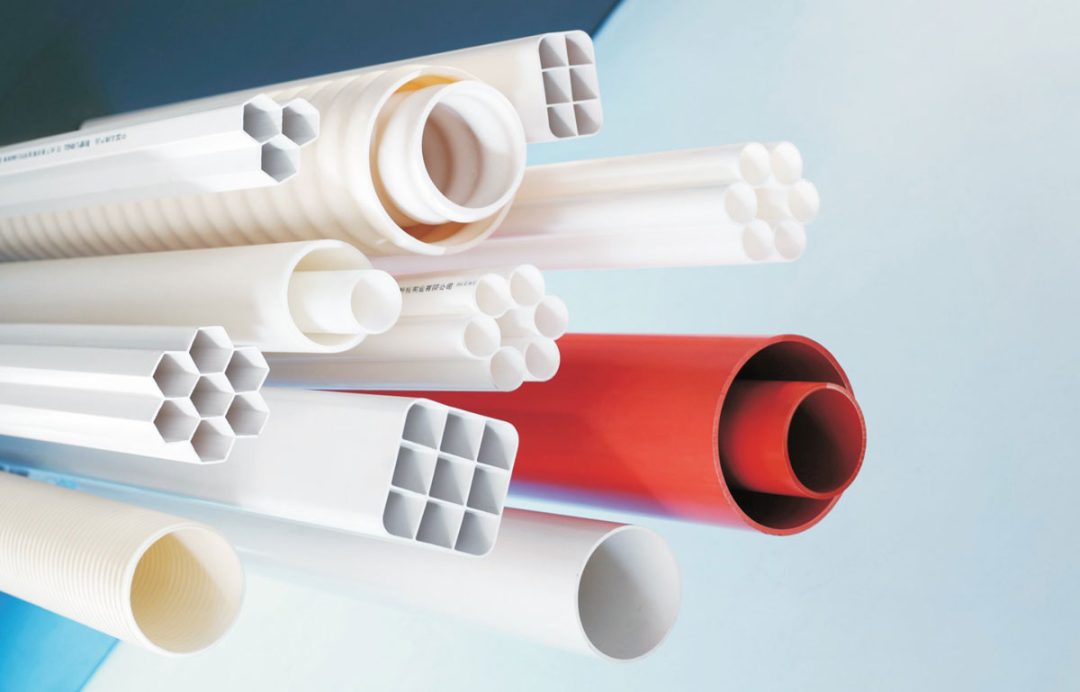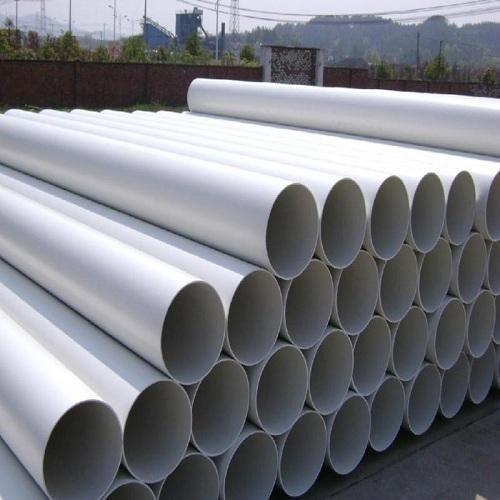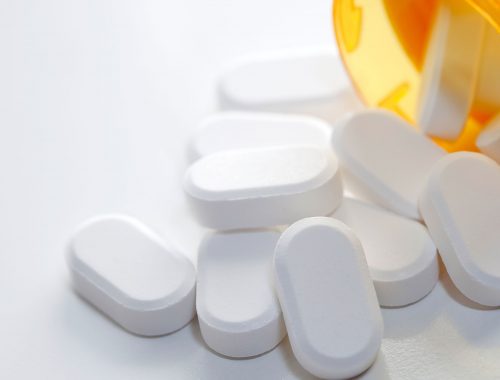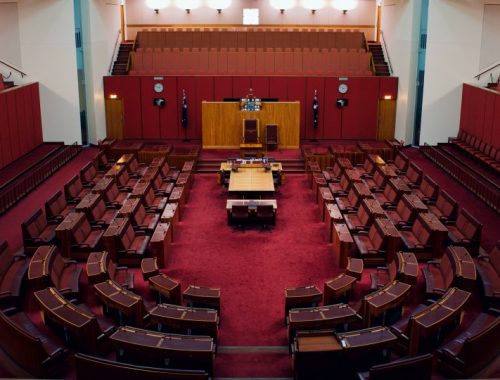PVC stands for polyvinyl chloride, a substance that performs well under heavy loads and at high temperatures. PVC pipes in colours like white, orange, and black are extremely common in the market for contemporary communication products. It is frequently used as the foundation for the construction of internal or external sewage networks, drainage systems, cold and hot water connections, and electrical cable runs. Therefore, PVC pipes Malaysia is something important for use.
PVC pipes have a high degree of flexibility and can flex without breaking when loaded externally by heavy traffic and soil weight. When loaded, rigid pipes, such as those composed of concrete, clay, or ceramic, are unable to bend, and when their load limit is reached, they will collapse and experience wall crushing. A PVC pipe’s diameter will start to deflect when it is subjected to external loading. The stiffness of the soil combined with the pipe stiffness will resist the deflection if the pipe is buried in the appropriate supportive soil conditions. Get the report here.
PVC: What is it?
PVC pipes are quite robust. The substance itself is a plastic, with a melting point between 165 and 200 °C, and retains its ability to be processed again after product production is complete. The molecular structure and polymer structure of PVC account for the material’s almost complete resistance to mechanical stress and other deformations. The material is thermoplastic, which makes it ideal for machining and makes it simple to weld when heated to temperatures between 200 and 300 °C. It is also used to make non-flammable PVC pipes. Numerous acids, aliphatic, chlorinated, and aromatic carbohydrates have no effect on polyvinyl chloride.
Benefits of PVC Pipes
Resistance to Corrosion
Both internal and external underground pipe corrosion cannot affect PVC pipes. Because their materials are damaged by corrosion, several pipe makers are still looking into “solutions,” although PVC is undeniably resistant to it. PVC pipe has been proven to have the lowest pipe break rate when compared to cast iron, ductile iron, concrete, steel and asbestos cement pipes.
Resistance to chemicals
When exposed to a variety of chemical reagents and disinfection chemicals, PVC pipes have outstanding resilience. PVC pipes are ideal for the majority of water infrastructure projects because they have a low risk of materials eating through the pipe and can transport the majority of strong acids, alkalis, and aqueous solutions (aside from those that are strongly oxidising), aliphatic hydrocarbons, fluorides, photographic and plating solutions, brine, mineral oils, fats, and alcohols.
Lower cost
When installation costs, breakage rates, and life cycle costs are taken into account, PVC pipes offer even greater cost advantages for projects. PVC pipes are more durable than other types of pipes, and because of this, they operate more effectively, requiring less regular maintenance, which eventually lowers their cost. Because of greater production, the product’s light weight, and lower transportation costs, these decreased material prices are accompanied by lower installation costs.
Resistant to Tree Root Infiltration
Different pipe materials are more or less resistant to root penetration. Because PVC pipe has fewer joints, it is more resistant to root infiltration. Tightly fitted PVC joints are less prone to leak as a result of backfill settlement around the pipe because of their flexibility. Tree roots can easily pierce and corrode vitrified clay pipes. Root incursions are also less common in concrete pipes than in vitrified clay pipes.






